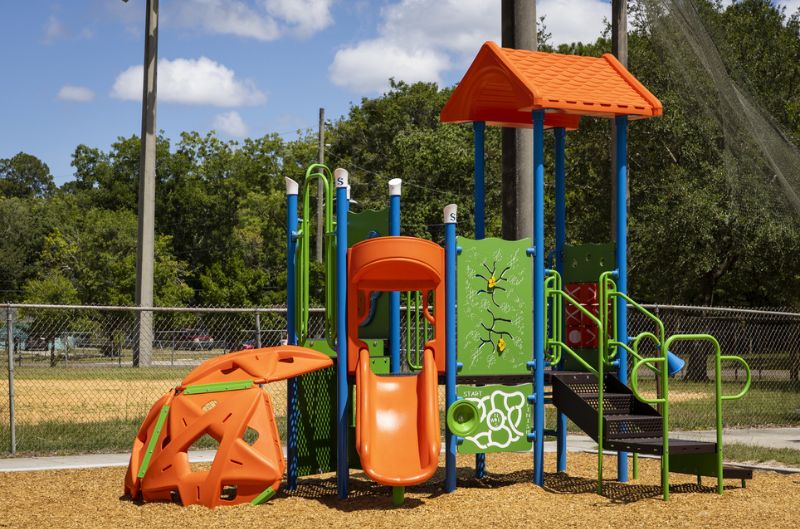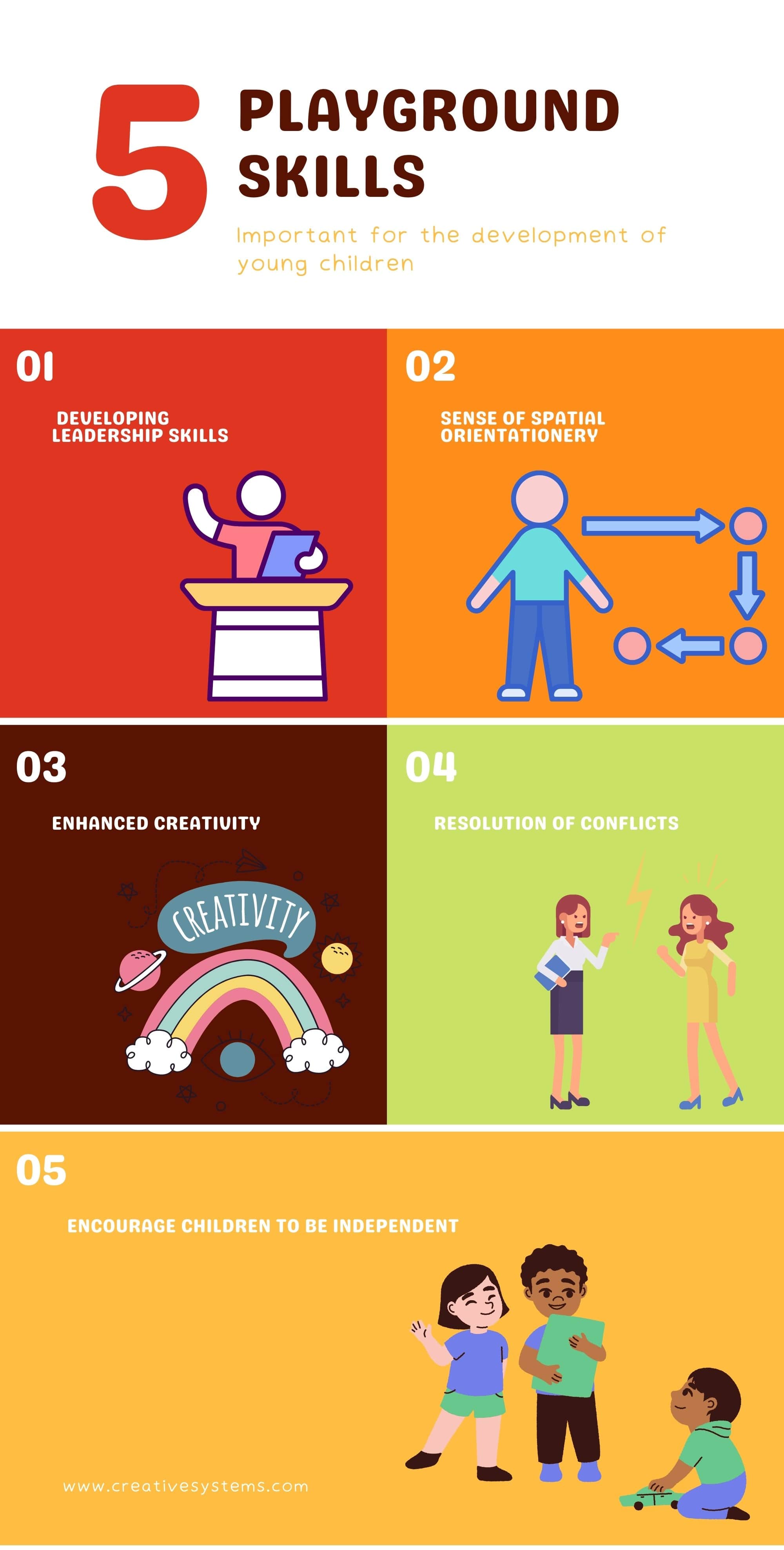
Playground Equipment Can Teach Your Children Five Important Lessons
|
|
Author: Austin Stanfel
The early years of a child’s life are characterized by playtime. According to many parents and educators, children enjoy playtime to have fun and enjoy their time as children. Several studies have shown that early experiences can have profound, long-lasting effects on a child.
Recess, playtime, and playground time allow children to move around, interact with other children, develop physical, social, emotional, and sensory skills, and learn new things.
Five playground skills that are important for the development of young children are listed below:
· Developing Leadership Skills
A parent or adult leads the structured play. Leaders in the free play take turns or divide responsibilities according to need. In the playground, leaders are created by determining the fairness of rules or by serving as referees.
In addition to encouraging leadership, free play develops emotional intelligence and increases children’s ability to communicate effectively. Developing communication skills and enticing others to see the rules their way is essential for children who want to play with others on the playground. Leading by example and communicating effectively can be learned by children through this method.
· Sense Of Spatial Orientation
It is especially beneficial for toddlers and younger children to share playground equipment as they become more aware of their environment.
It may be annoying, but it is helping them develop body awareness. It gives them insight into how to perceive distances. Using spatial knowledge on paper during school curricular activities also increases their spatial perception.
· Enhanced Creativity
Free play encourages children to make up and structure their games. Especially with open-ended playground equipment, children can create their games without being forced to play games designed for them by adults. It would be fun if they dressed up as aliens and tried to get a ball across the playground like they were from another planet.
Possibly, they have decided that they would like to invent an entirely new game based on the swings. The advantage of this type of free play is that it encourages the child to become the author of the activities he or she engages in.
· Resolution Of Conflicts
Having their playground equipment, children learn their first lesson about how to handle situations where they cannot have what they want, no matter what the reason may be. Although there are only so many swings, they can get too worked up when someone misbehaves on a slide.
Our children need our involvement from time to time when things get aggressive; however, perhaps they can handle conflict on their own when things get a little turbulent. Many times, they do better than adults when it comes to handling situations!
· Encourage Children To Be Independent
Following a study from the University of Colorado, which examined free play in combination with structured play, it was concluded that children who played in an unstructured manner were more likely to be able to direct their activities.
A vital portion of this function is the ability to organize, begin, initiate, plan, change, and perform other tasks that we generally associate with independence. Structured play is associated with fewer finely honed levels of this skill in children who spend more time participating.
Conclusion
Playground equipment and games teach children many life lessons. Children can become responsible and accountable adults with regular playtime and parental supervision.
The playground offers many games that target specific development areas, each of which targets a different one. Playing these games helps a child develop physically, emotionally, and socially.
Children learn perseverance, leadership, teamwork, and social skills through playground activities. Children learn practical life skills as they play on different equipment.



